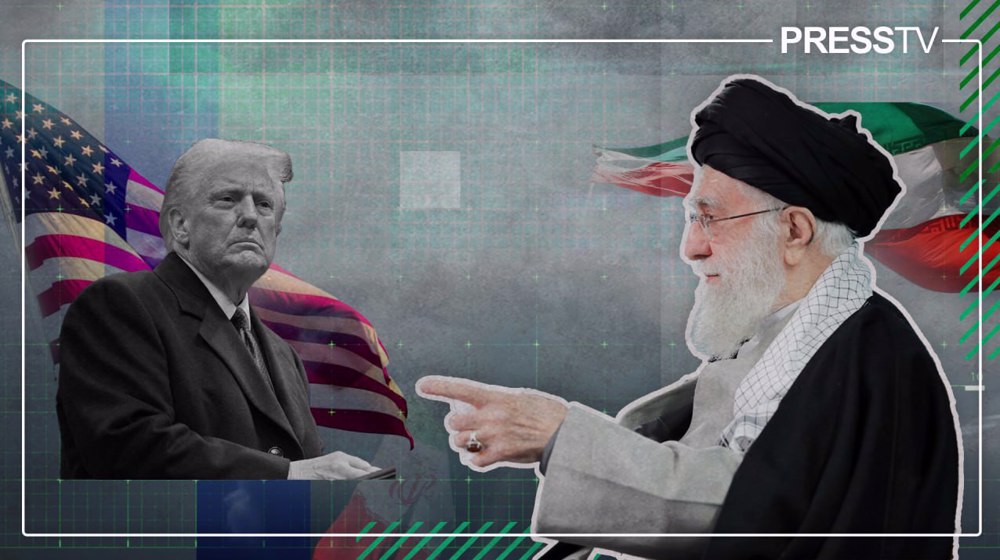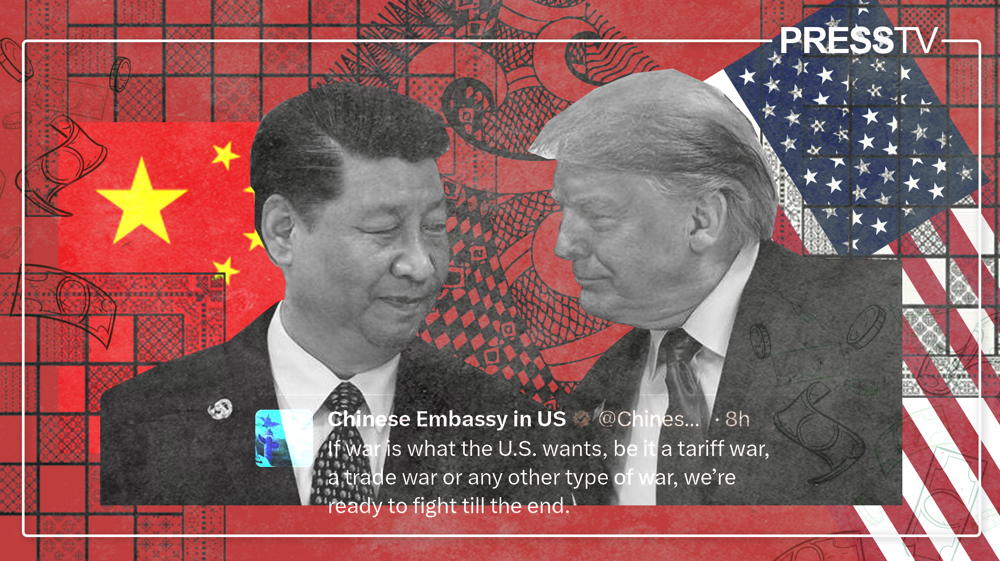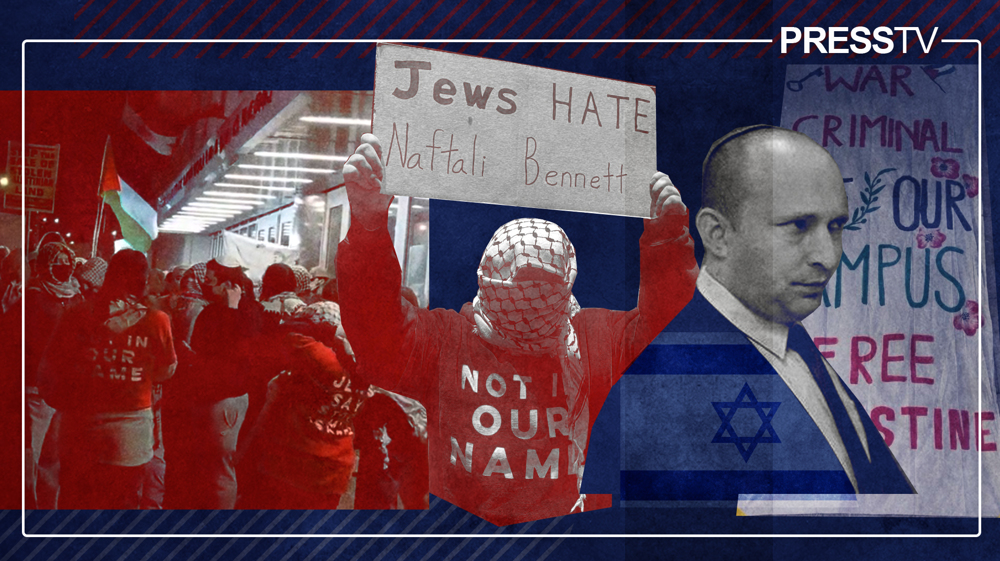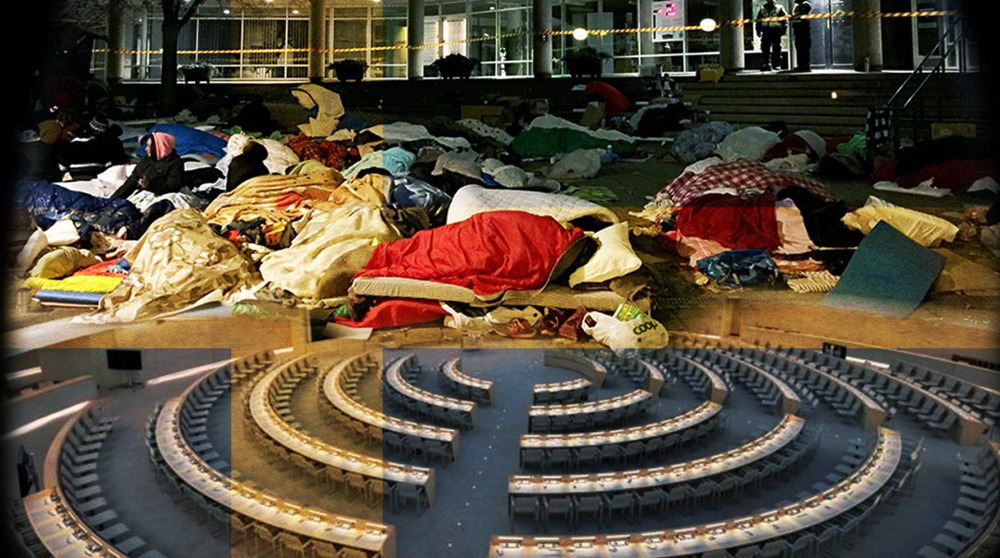Human rights violators take on Iran’s rights situation
By Hossein Jelveh
(Hossein Jelveh is an independent Iranian journalist based in Tehran. He has graduated with a master’s degree from the Faculty of World Studies at the University of Tehran. You can follow him on Twitter @hossein_jelveh.)
It takes a special kind of hypocrisy for a country to be no respecter of human rights and yet push for the assessment of the rights situation in another country from the fringes. That is precisely what has happened at the 46th Session of the United Nations Human Rights Council.
In a meeting on March 9, the Council is scheduled to debate the human rights situation in the Islamic Republic by considering a report prepared by Javed Rehman, the British-Pakistani special rapporteur of the UN on the situation of human rights in Iran. Rehman’s mandate was extended and the report in question was requested in Council Resolution 43/24, adopted in 2020. Twenty seven out of the 40 countries that drafted that resolution were not even members of the Council, but they presented themselves as “concerned” parties by drafting the text and pushing for its adoption.
The list includes France, which has been rocked by the “gilets jaunes” protest movement for economic justice starting in 2018, and which proudly hosts events by an anti-Iran terrorist group. It includes Canada, a former prime minister of which is actually paid money by that terrorist group to deliver fiery speeches at its events in France. There is Albania, which hosts the headquarters of that terrorist group. And then there are the extras: the Marshal Islands, hardly a country and really an outgrowth of the United States government; and Romania, whose biggest historical achievement may have been providing inspiration for Bram Stoker’s 1897 horror novel “Dracula.”
The list is clearly not brilliant. But there is merit in looking further at the human rights situation in one of those countries, namely Sweden.
If you think Nordic countries are cradles of democracy and sanctums of human rights, you should think again. True, the load of information presenting those countries as such is simply huge. Just google the phrase “the world’s most democratic countries” and you will get most of the Nordic countries at the top ranks. But you will be hugely mistaken if you think that that ranking actually means anything. Data and statistics can be fatally misleading when taken out of the actual context of the day-to-day lives of people. And what data is used to prepare rankings also matters. If you learn some of the facts for yourself, you will start to question the validity of the Western scaling methods on your own. Here is Amnesty International’s assessment of the human rights situation in Sweden for 2017/18 and beyond:
Sexual violence, particularly against women and girls, is “pervasive” in Sweden, according to Amnesty, which has assessed that survivors face barriers in accessing justice and few investigations lead to prosecutions and convictions.
Citizens of Romania and Bulgaria, so-called “vulnerable EU citizens,” the majority of whom are Roma, “live in destitution and homelessness in Sweden” and face discriminatory treatment.
Sweden also forcibly returns asylum-seekers from Afghanistan — who have traveled so far in pursuit of safety and economic prosperity — to their home country despite the worsening security situation there.
Torture is not illegal under Swedish law, “despite longstanding criticism by the UN Committee against Torture and other human rights mechanisms.”
The Swedish government has said that it has no obligation to recognize the rights of the country’s Indigenous Sami people, “in sharp contrast to Sweden’s position on Indigenous Peoples’ rights elsewhere.”
And perhaps most notoriously, the Swedish weapons manufacturer Saab — whose commercial slogan ironically is “It’s a human right to feel safe” — has supplied military equipment to Saudi Arabia and the United Arab Emirates, two of the aggressor regimes in the war on Yemen. Amnesty says Saab has failed to meet its obligations under international law “to identify and address the human rights risks of their operations.”
(You may wonder why Sweden is then so readily associated with images of a thriving democracy where human rights are protected and people of all races and origins coexist happily together. There is a simple explanation: Sweden is not a country whose interests are in conflict with those of the United States and other traditional power players; as a result, news media do not choose to cover — let alone raise a red flag over — the Nordic country.)
*
This was just Sweden, one among the drafting countries that is commonly believed to be doing better in the area of human rights.
The brazenness of these countries in requesting special focus on Iran at the Human Rights Council almost physically hurts. Their claim to moral high ground does not only lack credibility, it is preposterous. And yet, the Council acts as if it is actually a monitor and an enforcer of human rights.
(The views expressed in this article do not necessarily reflect those of Press TV.)

Iran remains the strongest, steady force challenging American hegemony

Trump’s trade war against China to make US more irrelevant on world stage

US campuses erupt in protest as ex-Israeli PM tours to whitewash genocide
VIDEO | Press TV's news headlines
Saree: Yemeni Armed Forces thwart enemy attack
VIDEO | ‘Project 2025’ slammed as protests continue in US against Trump
Latest Israeli attacks kill 14 Palestinians
VIDEO | Iran unveils homegrown AI platform
VIDEO | US airstrikes hit Yemen, civilian casualties reported
VIDEO | Fears of hunger loom over Rohingya camps in South Asia
Houthi: Yemeni forces will target US aircraft carrier, warships








 This makes it easy to access the Press TV website
This makes it easy to access the Press TV website